For several years, there has been much debate about whether grains should be part of a dog's diet or whether dog owners should opt for grain-free dog food. Scientific studies have not found any evidence that dog food should be grain-free.
|
What is grain-free dog food?
Grain-free dog food refers to dog food that does not contain any grains. The most common grains used in dog food are rice, corn, oats, and wheat. Millet, barley, and rye are also considered grains and are sometimes used in dog food.
3 common arguments for grain-free dog food
But why is there such a widespread belief that dogs should absolutely be fed a grain-free diet? Some assumptions persist, but they have not yet been scientifically proven .

Grains trigger allergies
A widespread assumption is that grain proteins, or gluten, are a common allergy trigger in dogs. One possible explanation for this is the humanization of dogs. As the Leibniz Institute for Food Systems Biology (2020) reports, the number of people suffering from gluten or wheat intolerances has increased dramatically in recent years. In humans, the consumption of gluten-free foods has also been steadily increasing for years ( Statista, 2018) . A transfer of this trend to dogs is likely.
However, there are no studies that prove that grain protein or gluten trigger increased allergies in dogs . Zentek (2022) also writes that, according to current knowledge, grains and their constituents contribute only to a very minor extent to intolerances, and therefore, from a scientific perspective, there are no reservations about feeding grains. Allergies are rather due to other organic compounds and macromolecules (peptides and glycoproteins).
Grain is unnatural for the dog and cannot be digested
Another frequently cited argument is that dogs, due to their ancestry from wolves, are pure carnivores. Therefore, on the one hand, it is against nature to feed dogs grain . On the other hand, due to their ancestry from wolves, their gastrointestinal tract is not designed to process and utilize grain.
What is being ignored here is the development and biological evolution of the dog . Even though dogs are descended from wolves, they have lived alongside humans for over 25,000 years and have thus adapted in a natural, biological way. This adaptation over the years is reflected not only in their external appearance such as fur, body stature and teeth, but also in internal changes and adapted social behavior. Instead of hunting in a pack for hours, dogs rest and know that they can find food near humans. Over the course of evolution, the dog's digestive tract has also changed so that carbohydrates such as grain can be utilized and digested and used as an energy source. Thus, over the years the dog has undergone a similar development to us humans - both internally and externally. Even though we are descended from chimpanzees, our nutritional habits are very different from those of the black giants.
Grain is a cheap filler in dog food
A third argument against grain in dog food is its use as a cheap filler. Filler refers to those components of the food that create volume and fill the stomach, but provide little to no nutrients. The assumption is that grain serves as a volume filler without providing any nutrients. However, grain does not provide nothing. Depending on the type of grain, it can contain high-quality carbohydrates and thus complement a food as an energy source. Grain is therefore not a filler, but an ingredient that is inexpensive to obtain in Germany. Corn, in particular, is not a very nutritious grain, but is often used in large quantities (Souliere, 2014).
For a natural nutritional solution other than cooking/barfing, cold-pressed dog food is recommended.

Studies show: Grain in dog food is not harmful
In order to give a scientific perspective to the many articles on the Internet about grain-free dog food, we would like to present some exemplary study results below.
-
Grain-free often with (too) high protein content
Souliere (2014) hypothesizes that a bag of food containing no specific protein content and only a small amount of grain is more beneficial for the animal, and that a food should contain grain. In a nutrient requirement analysis of four foods, Souliere (2014) finds that the foods tend to have too high a protein content, which can lead to kidney problems, and too high a fat content, which leads to obesity. She concludes that dog owners should not feed grain-free foods with high protein content to avoid overloading the kidneys.
-
Dogs have more enzymes for starch digestion than wolves, but dogs from peripheral regions have less
Axelsson et al. (2013) demonstrate the evolution of dogs from carnivores to omnivores by analyzing digestive enzymes. They show that dogs have significantly more enzymes for starch digestion than wolves. In a follow-up study, however, Arendt et al. (2016) show that these enzymes are lower in breeds from Arctic America (Greenland, Northern Canada) and Australia. This is suspected to be related to the later spread of agriculture in these regions.
-
Allergies in dogs are not dependent on grain
Adverse food reactions in dogs include food allergies and intolerances. Dunn (2020) summarizes from the literature that these are usually exacerbated by the protein sources found in commercially available dog food and are not related to the consumption of grains, as many believe. The erroneous association of grains as a source of allergy has led to a high demand for completely grain-free dog food.
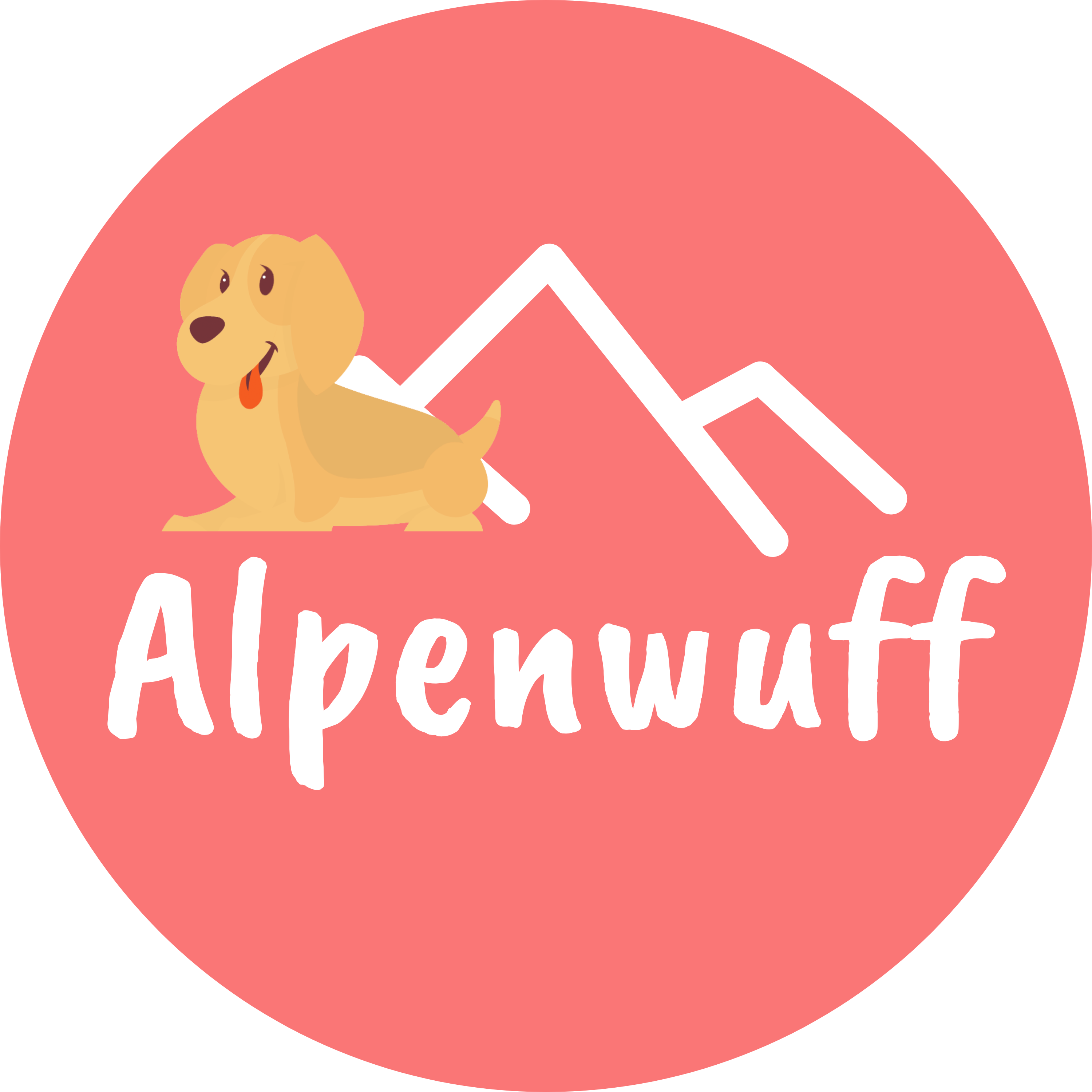
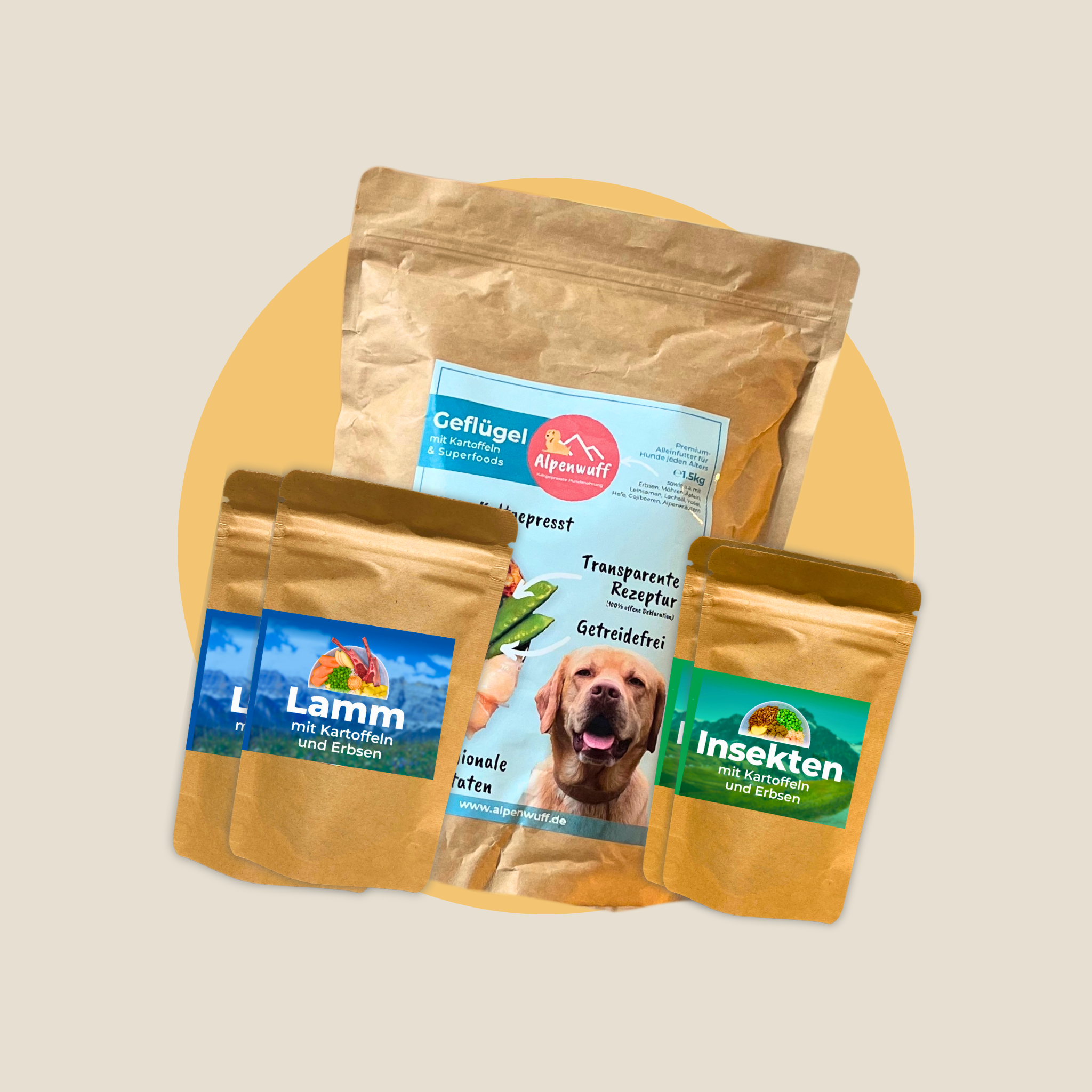
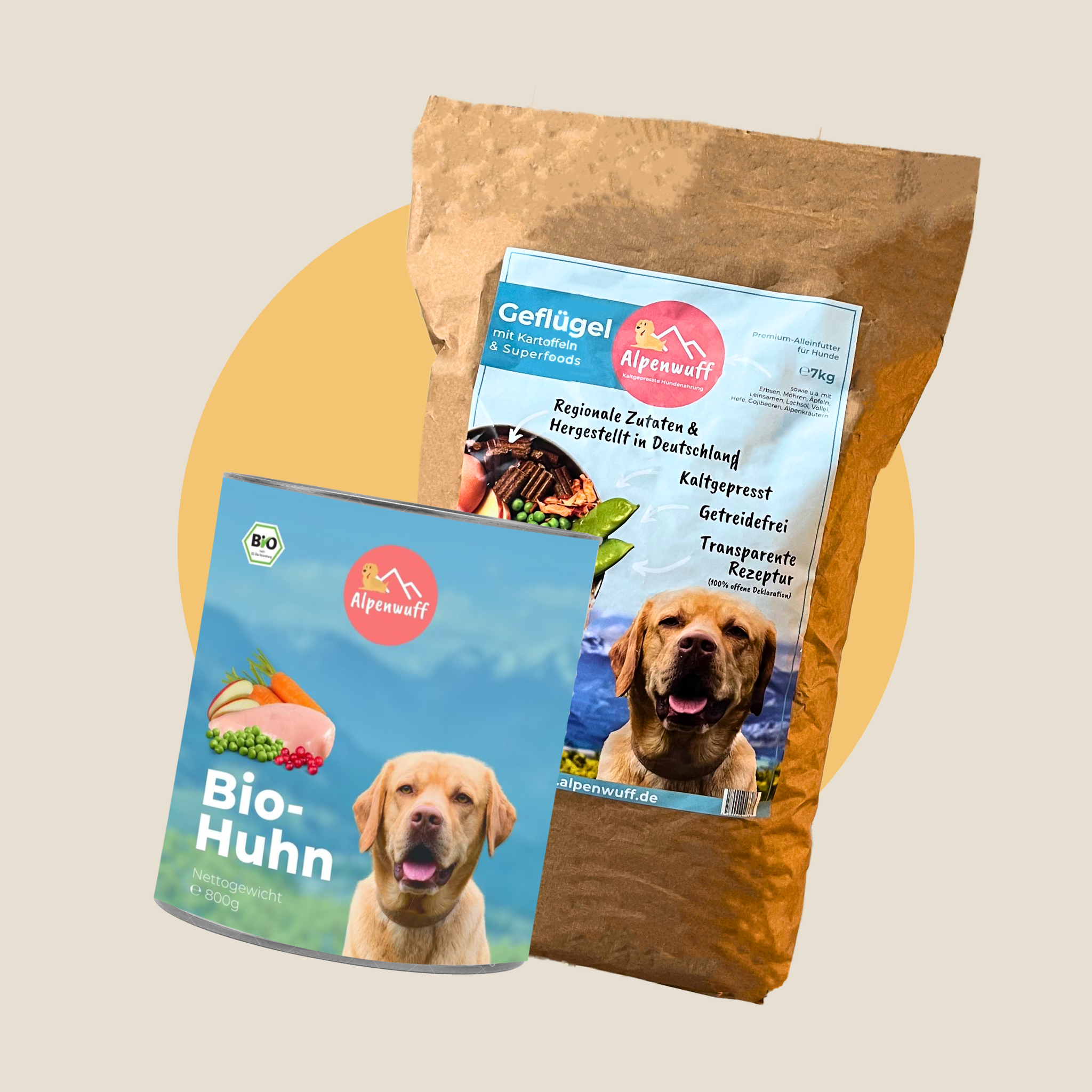
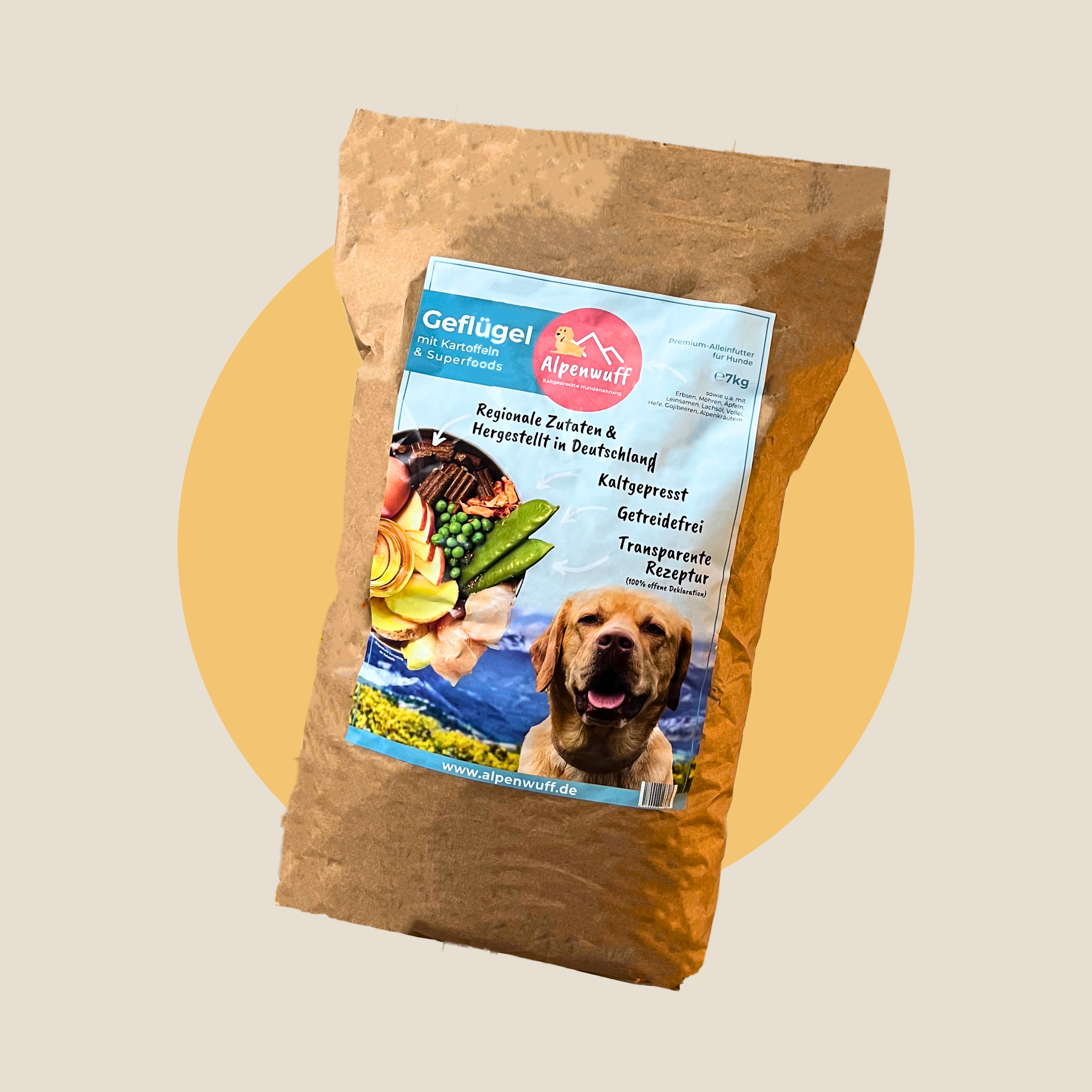
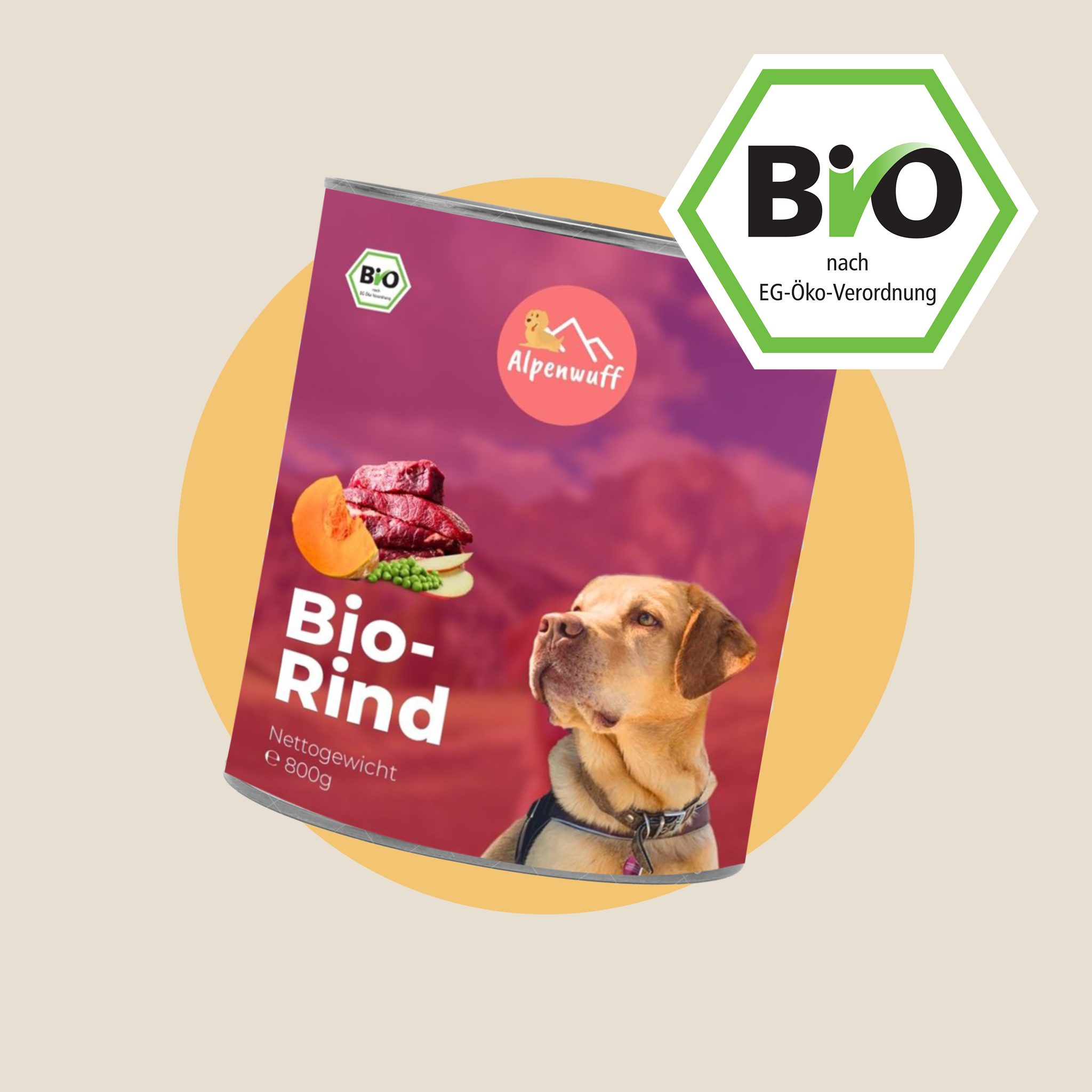
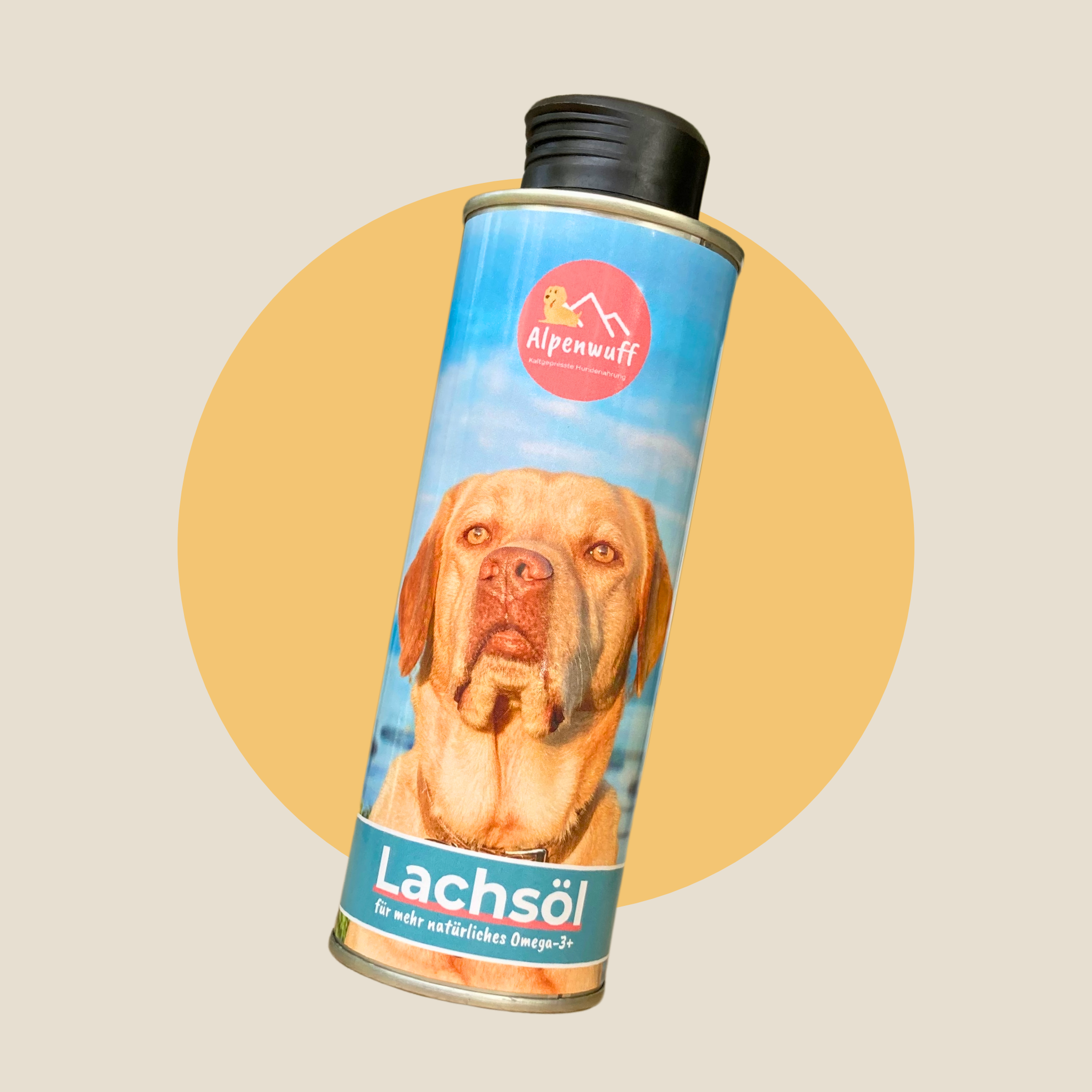
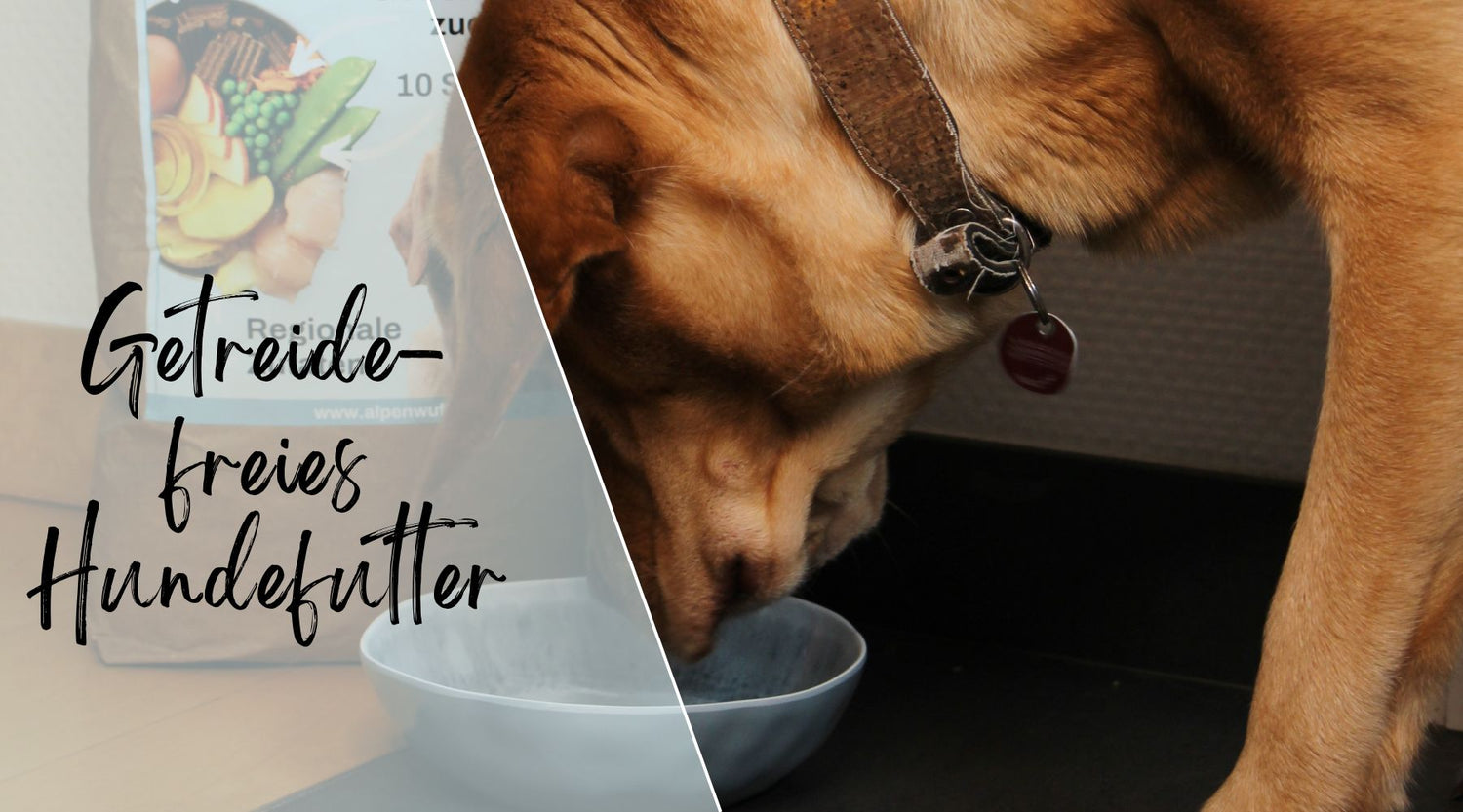

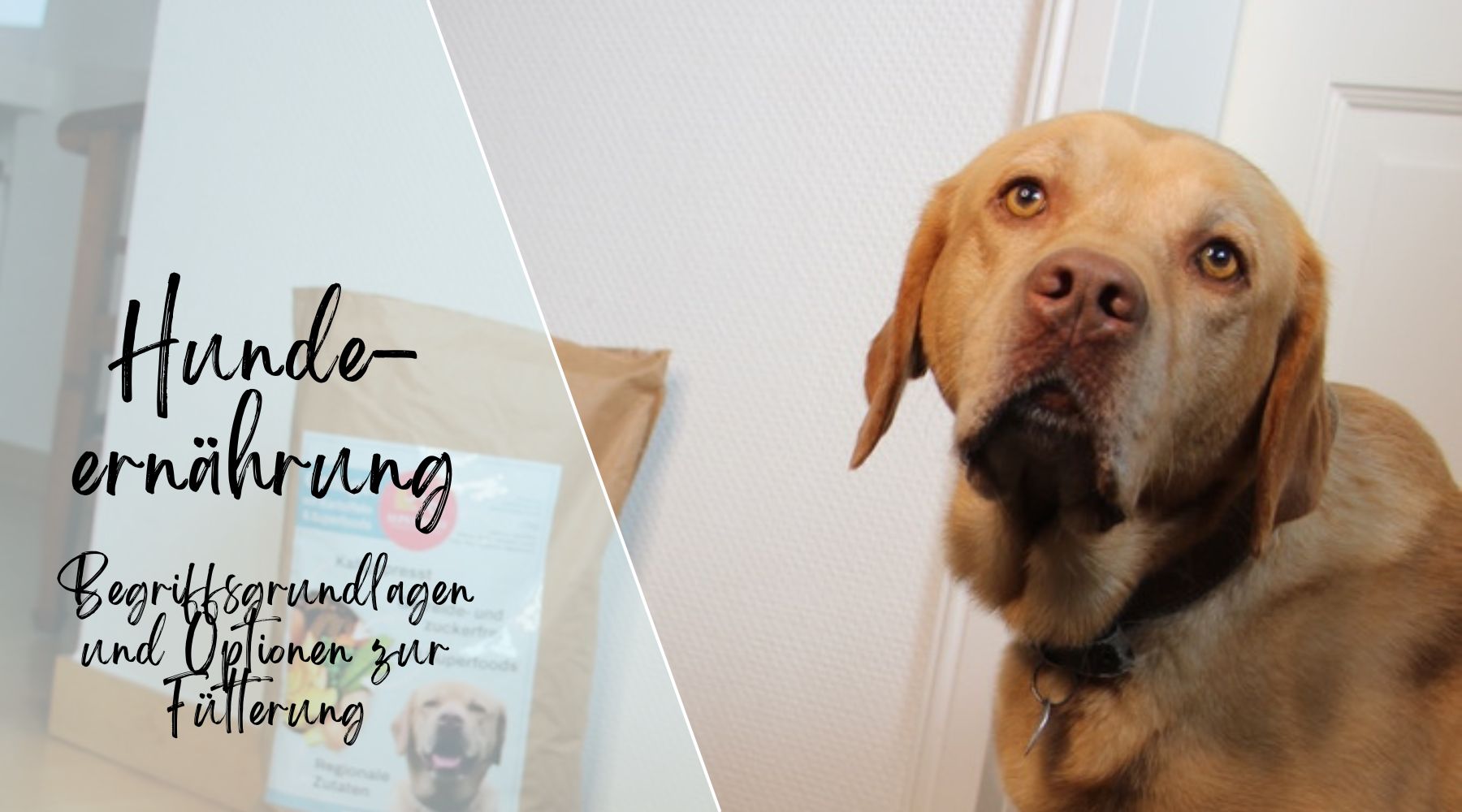
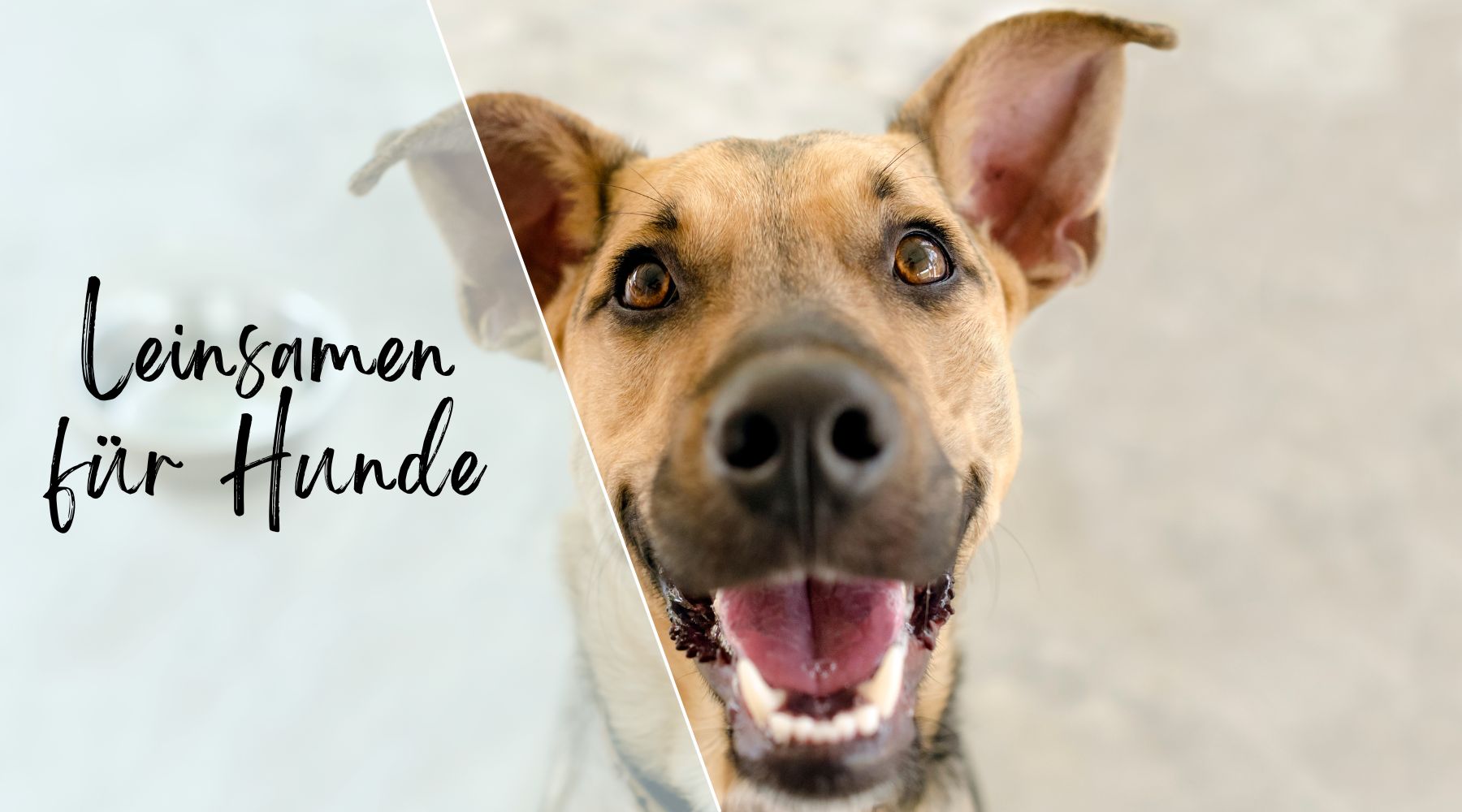
Leave a comment
All comments are moderated before being published.
This site is protected by hCaptcha and the hCaptcha Privacy Policy and Terms of Service apply.